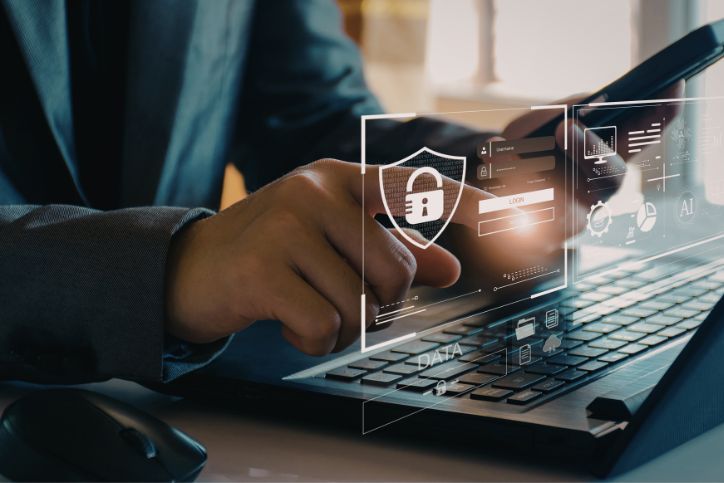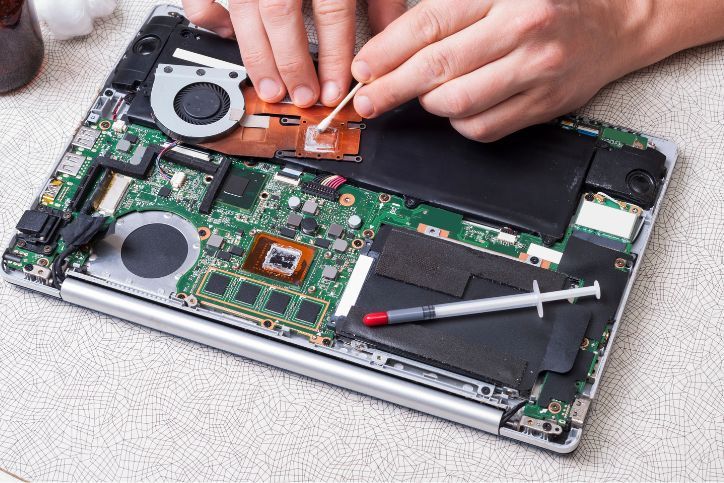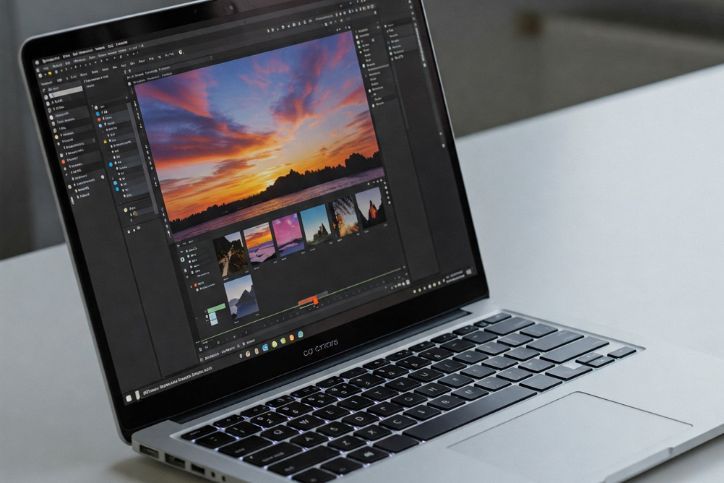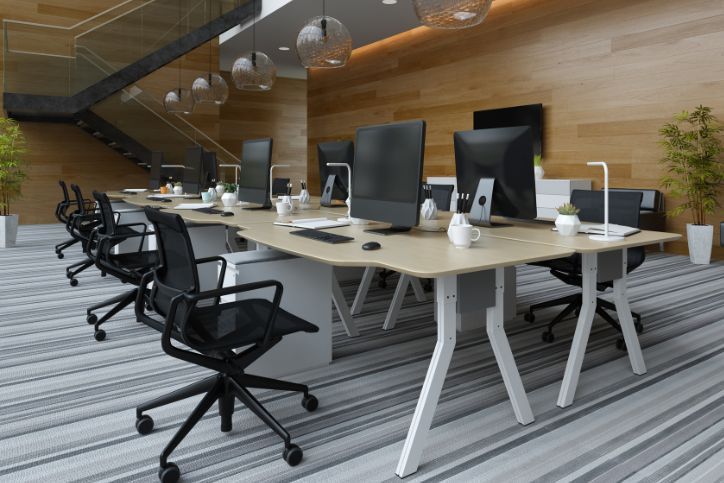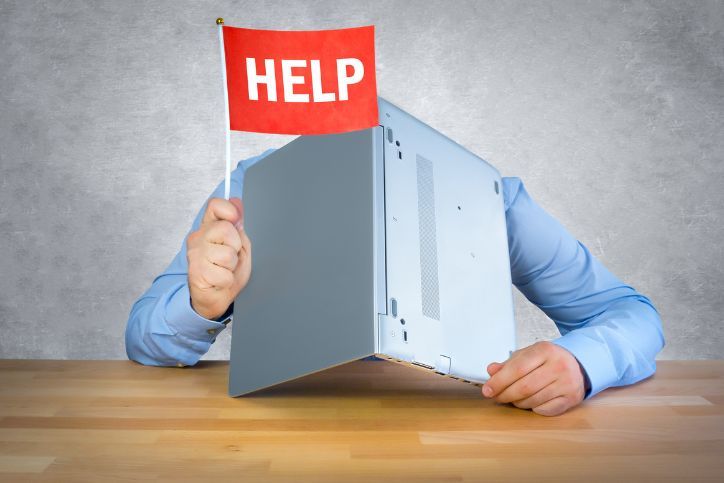Tell the Difference Between a Software and a Hardware Problem
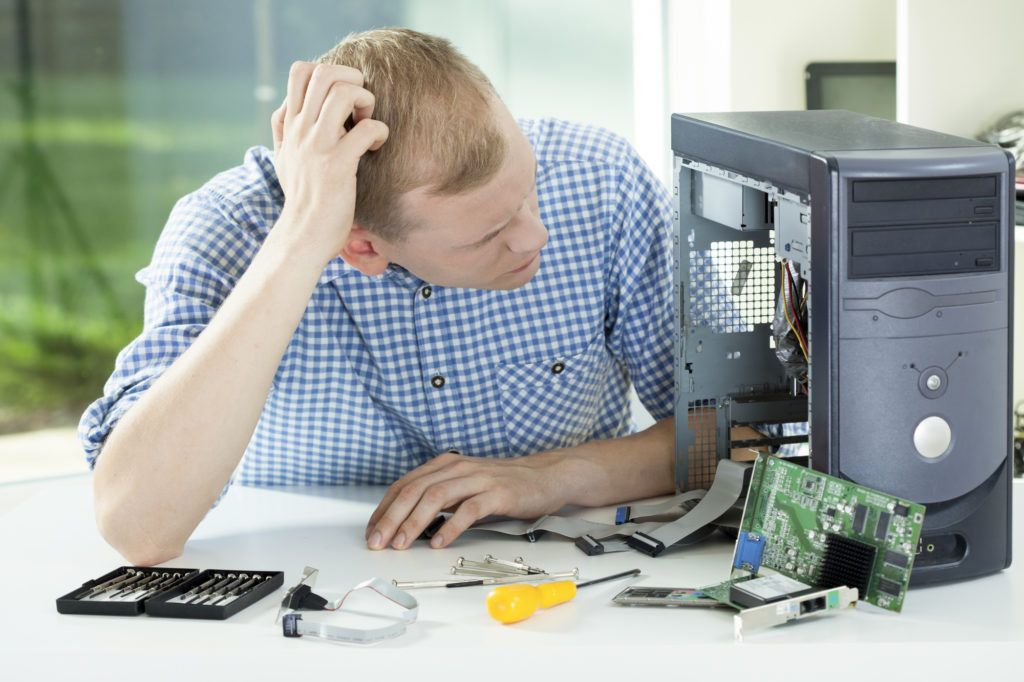
We’ve all been there, sat at the computer when all of a sudden, it crashes. Receiving an error message in the middle of a task is frustrating, especially if you don’t know why.
Or, your computer has become very slow, taking ages to boot up a program. A lot of people assume their computer has broken, and don’t want to invest in a whole new device.
It can be tricky to figure out what the problem is or how to solve it. Is it a software issue or a hardware problem? Once you find out, it makes the issue much easier to solve.
In this article, we will be looking at the most common computer issues. We will also find out how to determine the difference between software or a hardware problem.
Table of Contents
ToggleSoftware or Hardware Problem: How to Tell the Difference
In this article, we will dive into the specific problems you may encounter and how to identify the cause. But first, let’s get an overview of how to determine which is a software or a hardware problem.
The differences between software and hardware are pretty simple to figure out.
When it comes to software issues, they are usually easy enough to fix. They very rarely result in a complete system shut down. You can often fix these by clearing the cache or uninstalling malicious apps.
When it’s a hardware problem, it’s usually more severe. You can tell it’s a hardware issue if the computer will not boot up or if it boots up with lots of issues.
You may have to open up the machine and looking at what could be wrong. Getting a professional could be the best course of action.
Now, let’s take a look at some of the most common computer problems you may face. We’ll help identify which are software and which are hardware problems.
Slow Computer
One of the most common computer problems people report is a slow computer. There are a couple of ways this can happen.
One is when it takes way too long to complete a task, such as opening a document or program. Another is when a computer has become outdated, so the software can no longer keep up with newer programs.
One of the most common causes of a slow computer is from too many applications attempting to boot up at once. Another is from downloading and installing software with malware attached to it.
Not to worry, you can fix these. A slow computer is always a result of software, not hardware problems, so it’s much easier to solve.
Clean your cache, install and run antivirus software, and defragmenting should fix it.
Not Booting Up
One of the most frustrating computer issues is when the device will not boot up. If this is an issue you’re having, it’s a hardware issue.
There are a few causes for this. One could be a loose connection in the computer, where you only need to plug it back in. But it could also be a much more severe problem.
It could mean that too much power is getting to the components in the computer. It can cause some serious damage and cause it to stop working completely. It’s important to get this fixed as it can cause the power supply to shut down and kill your computer.
But, if your computer does start up but then fails midway through, it could also be a software issue. Try re-installing the operating system completely. If it’s a software issue, this should solve it.
The Dreaded Blue Screen
The dreaded blue screen of death is something every computer owner will encounter. There are a few causes for this, so let’s get into it.
When your computer shows the blue screen, you might have a software issue. It is a sign of drivers which have malfunctioned. Try uninstalling them, resetting the computer, and reinstalling them.
But if you are getting the blue screen on a regular basis, it is often a sign that the hardware is malfunctioning. If you’ve fixed the drivers and the problem persists, it’s a hardware problem.
There could be a few causes. It may be a problem with the motherboard, internal RAM, or graphics card. With these issues, you’re best off finding a professional who could fix them. Or, you can buy new components to replace the broken ones.
What To Do Next?
After you’ve got these problems fixed, don’t continue to ignore your computer. Even if it seems to be running fine, there could be problems on the horizon, so you need to keep your computer healthy.
One way to do this is by installing cleaner programs which will clear your cache and useless files. They stop your computer running slow and keep it in top form.
You should be more wary of the programs you install; they may contain spyware or malware. Also, keep aware of any issues such as overheating or graphical errors. These are hardware problems which are fixable if caught early
Software or Hardware Problem: Now You Know
Now you know the differences between a software or hardware problem. Now you know how to identify and solve them, you can fix it by yourself.
It sucks when your computer stops working like it should. But when you know what to do, it makes it easier to deal with.
Have you been having computer problems lately? It may be more effective to get a professional to help. Get in touch for friendly, professional help to get your computer up and running today!
Instant Quote
Get A FREE Quote IMMEDIATELY
Other Blogs You May Be Interested In
Categories
Satisfaction Guaranteed
Computer Repair You Can Trust




